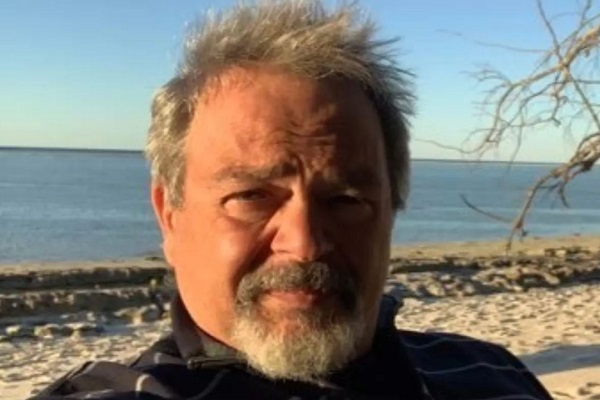Germany: Prof. Says Not Surprised after Being Fired for Criticizing Israel

The Max Planck Society said in a statement on February 7 that it had terminated its cooperation with Ghassan Hage, a "highly acclaimed" academic, because his posts were "incompatible" with the society's values.
The society said it rejected "racism, Islamophobia, antisemitism, discrimination, hatred, and agitation".
Hage, who denied being racist or antisemitic, said he was informed of his dismissal after a right-wing newspaper, Welt am Sonntag, contacted the institute and accused him of making "increasingly drastic statements towards the state of Israel," the Middle East Eye reported on Friday.
He said the newspaper also claimed he was a long-time activist for the Boycott, Divestment, Sanctions (BDS) movement, which he refuted, saying he was too busy as an academic to be an activist.
He said the president of the Max Planck Society in Munich had forwarded the newspaper's query to the society's lawyers, without consulting him or seeking his opinion.
The next day, the directors of his institute told him that his two-year post as a visiting professor had been cancelled.
Read More:
Hage said in his statement that the decision was based on the "institutionalised" definition of antisemitism in Germany, which he said had been "analysed and critiqued by many".
He said he was not surprised by what happened to him, as many others had faced similar treatment in Germany for expressing pro-Palestinian views. “For anyone who knows the German landscape at the moment, there is nothing surprising about this happening to me. Many people other than me have copped a variation on this same treatment.”
The Max Planck Society announced in December that it would provide "additional funding for German-Israeli collaborations", and had cited the Hamas-led operation on October 7 as a reason to support Israeli research institutions with 1m euros.
Germany has witnessed a growing crackdown on pro-Palestinian activism since Israel launched its offensive on the Gaza Strip in October, killing hundreds of civilians and displacing thousands more.
Many pro-Palestinian rallies and symbols, such as the Palestinian flag and the keffiyeh scarf, have been banned or restricted in various parts of the country.
Samidoun, a group that advocates for Palestinian prisoners, was outlawed shortly after the October 7 attack, and pro-Palestinian speech was also prohibited in schools.
Read More:
The cultural sector has also faced pressure to silence or cancel events that featured pro-Palestinian voices or groups that supported the BDS movement.
In October, the Frankfurt Book Fair called off an award ceremony for Adania Shibli, a Palestinian author.
In November, Oyoun, a cultural institution, lost its state funding after hosting an event for a Jewish-led organisation that backed the BDS movement.
On 31 October, Caryl Churchill, a British playwright, was stripped of the European Drama Prize she had received in April for her life's work, over her support for Palestine.
Source: Agencies



